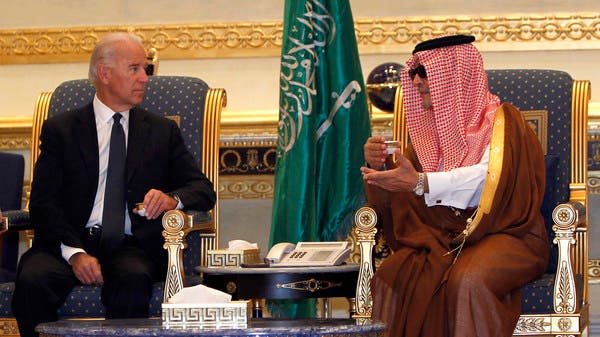Trump Leaves, and with Him, the Mythical Deal with Saudi Arabia
On May 17, 2017, Trump visited Riyadh and received a hero's welcome, in contrast to his predecessor Barack Obama, whose term ended with a famous Atlantic magazine interview in which he talked about how the Gulf states, headed by Saudi Arabia, had lost their importance in American policy. He advised Riyadh that the real source of danger was not coming from Iran, but from the widespread desperation among youth due to corruption, the absence of political and democratic reform, and pervasive unemployment.
During Trump’s visit, two unbridled desires converged: Riyadh’s desire to convey its geopolitical importance to the White House, and the desire of a president who views politics as business. What transpired was not strange for a salesman who deals in everything, at times with no respect for values. And thus, the two sides announced a $416 billion deal, the largest ever in history. The parties said that it was only an arms deal, and later to avoid doubt or surprise, the value of the deal was said to be $230 billion, and the remaining amount would consist of Saudi investment in the American economy. Then, it was said that it would be $110 billion only in arms and the rest would be a financial investment. It was as though the deal were only a matter of supermarket discounts.
And now Trump is on the verge of leaving the White House. The official day of his departure is Jan. 20, and given his vanity and refusal to concede defeat, he may leave on Dec. 14 when the Electoral College certifies the results of the presidential election that Democrat Joe Biden won. Trump will leave, and, we wonder, what progress did he make on the legendary deal with Saudi Arabia?
Reviewing the agreement and the figures, aside from mortar ammunition and fighter planes to continue its war in Yemen, Saudi Arabia has not received any arms to flip the balance of power in the Middle East, such as advanced defense systems or gunships. Even if the deal were limited to its lowest amount, $110 million instead of $230 million or $416 million, the United States has agreed to sell not only conventional weapons such as warships and tanks, but specialized weapons such as nuclear submarines, aircraft carriers, and B-52 and Spirit gunships. Regardless, it is difficult to exhaust $110 billion, knowing that Washington does not sell these types of arms to any country, including Israel or Great Britain.
As for the investment side of the deal, Saudi Arabia has not invested any sum worth mentioning in the American economy. On the list of top foreign countries investing in the American market between 2018 and 2019, Saudi Arabia is not among the first 15.
With the incoming Democratic Biden administration, Saudi Arabia is awakening to a bitter reality. Washington will revisit all the arms deals and link them to human rights, first among which will be the case of journalist Jamal Khashoggi, horrifically murdered at the hands of the Crown Prince Mohammed bin Salman's commandos. Likewise, the White House will freeze its support for the war in Yemen. Saudi Arabia will find itself faced with an absence of munitions as well as an absence of military and political support, and then it will be truly forced to think seriously about peace talks to end a war that has driven the Yemeni people from their homes.
Sometimes when a deal is signed but never implemented, we say that it was just ink on paper. In the case of this $416 billion deal, the agreement never even made it to paper: it stopped with the exhale of breaths that uttered these empty words.

